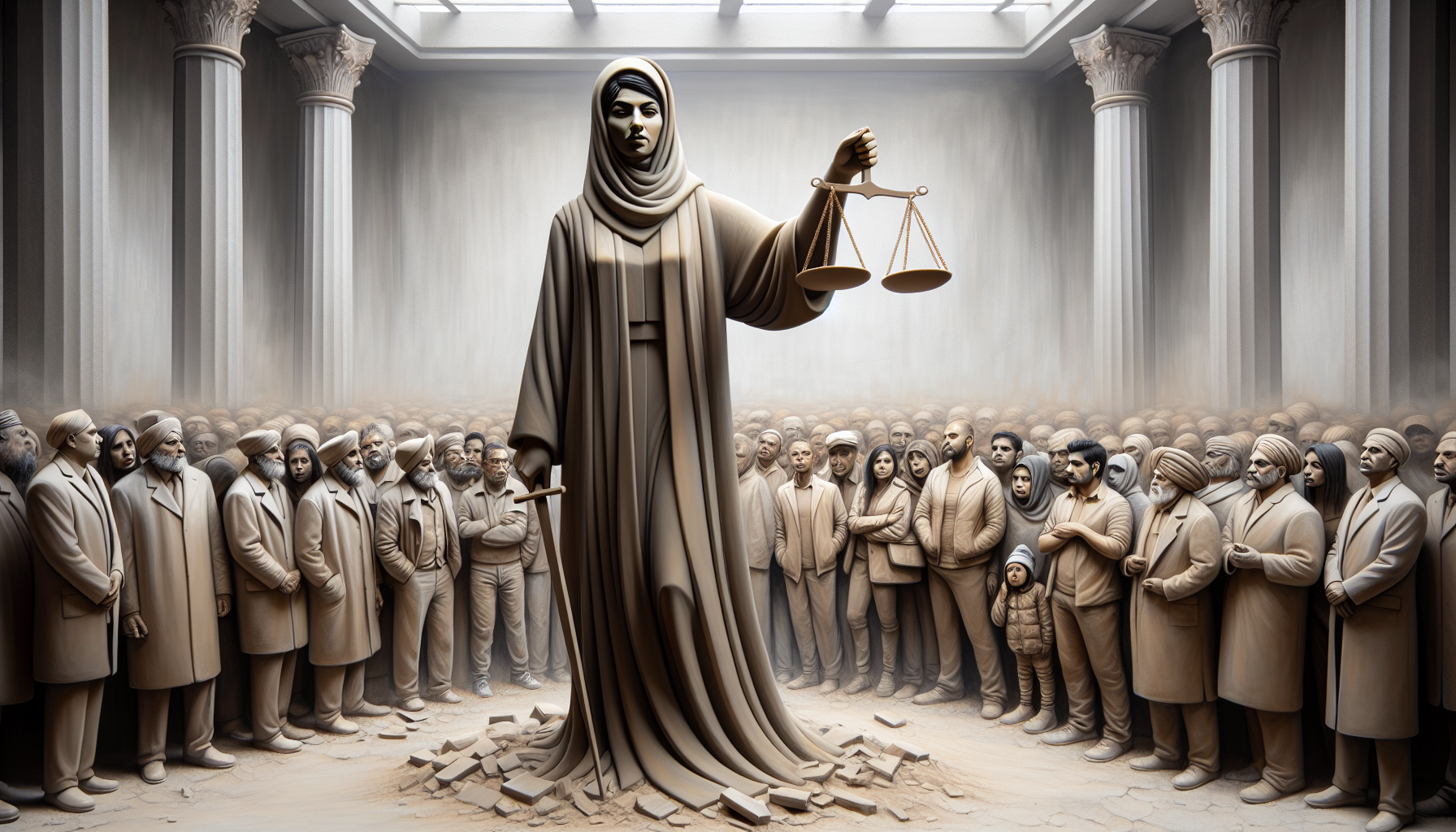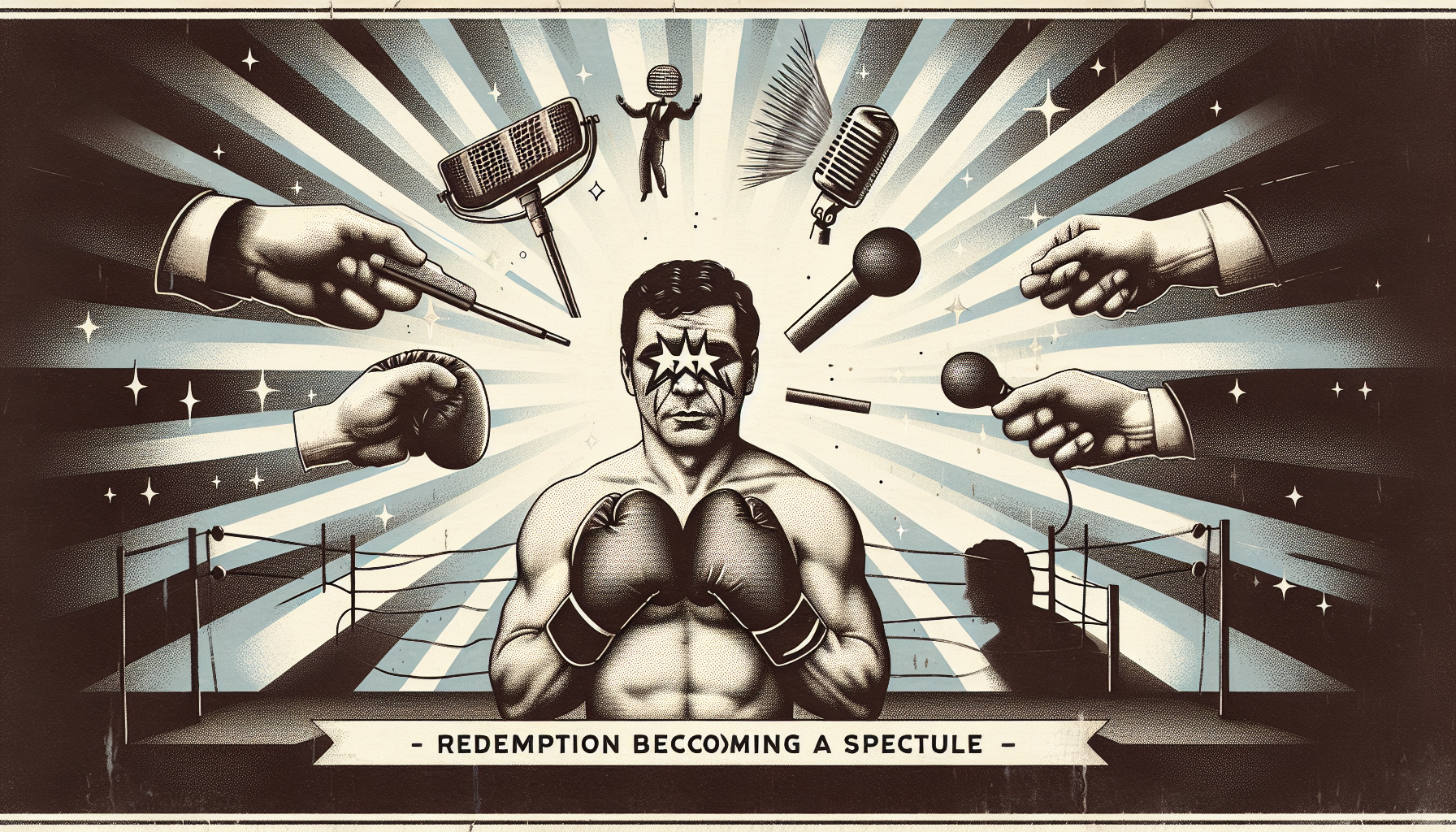Title: Justice in the Shadows: Judge Indira Talwani, Immigration, and the Quiet Power of Holding the Line
Dear readers,
Sometimes, the most consequential dramas of our time unfold not on the campaign trail or in front of a teleprompter, but within the hushed walls of a federal courtroom. On April 15, 2025, such a moment occurred. Amidst headline noise and political theater, one Massachusetts judge—whose name you might not know, but perhaps should—quietly rerouted the course of countless lives.
Let's meet Judge Indira Talwani. And let’s talk about a decision that didn’t just push back against a presidential policy—it illuminated a cultural truth about who we are, and how the law can hold its own, even when democracy wobbles.
A Program, a Presidency, and a Precedent
To grasp the weight of what happened, we need to zoom in on the CHNV parole program—an immigration policy introduced under the Biden administration. Essentially, it allows migrants from Cuba, Haiti, Nicaragua, and Venezuela to enter and remain in the U.S. for two years (with the possibility of work authorization) while they apply for legal status. A safety net designed with compassion and caution, but like so many policies touching on immigration in America, it became a political bullseye under the Trump regime.
When Trump, via his newly appointed Homeland Security Secretary Kristi Noem, attempted to shut the program down by April 24, many saw it as just another stroke in his long anti-immigration canvas. But Judge Talwani, sitting quietly in her robe, saw something else: unlawful haste, disregard for proper administrative procedures, and real human lives in peril.
With one ruling, she blocked the abrupt termination of the program, stating that allowing parole status to lapse would force immigrants into an unbearable dilemma: return to countries plagued by instability—or hide in shadows while awaiting removal proceedings.
Not a political statement, she clarified. Just the law doing its job. But let’s be honest: it felt like a seismic jolt in the right direction.
The Judge Behind the Bench
Born in Englewood, New Jersey, Indira Talwani is, herself, the daughter of immigrants—from India and Germany. She climbed the rigorous ladders of elite institutions (Harvard and Berkeley Law), charting a course through labor law and civil rights before being appointed to the federal bench by Barack Obama in 2013.
Long before this case, Talwani quietly held the legal line in high-profile but low-drama fashion. Remember the college admissions scandal of 2019? She was the one who sentenced Felicity Huffman—with fairness, not fury. A measured voice in a media storm.
Here she is, again, reminding the nation that citizenship isn’t a performance—and justice doesn’t always need a spotlight.
Not Just Policy, But People
There’s a worn-out phrase in political circles: “We’re a nation of immigrants.” It’s used often, but rarely felt. Talwani’s ruling forces us to feel it.
Imagine Luis, a 28-year-old Cuban electrical engineer who fled political persecution, waiting on asylum status while caring for his diabetic mother in Florida. Or Mireille, a nurse from Haiti, now working in a care home outside Boston under CHNV protections.
Without Judge Talwani’s ruling, their futures would’ve been plunged into uncertainty overnight. Layered in bureaucracy, yes—but also in fear, separation, and systemic brute force.
What Talwani’s judgment makes clear is that immigration law isn’t just about who gets in or who gets out. It’s about how a nation honors its promise to protect dignity—even while arguing over borders.
Law, as a Cultural Mirror
In this moment, it’s tempting to reduce everything to partisan fight scenes. But Judge Talwani’s ruling is a quiet rebuttal to political fatigue: it reminds us that law, when wielded with competence and compassion, can check power, protect the vulnerable, and restore a sense of procedural sanity.
Yes, she used a 41-page document full of APA (Administrative Procedure Act) analysis. But what she delivered was far more evocative: a cultural refusal to let cruelty become policy by shortcut.
And in an era where federal benches are increasingly politicized, isn’t it worth pausing to recognize when jurisprudence does what democracy sometimes fails to?
The Larger Echo
Let’s not mistake this for victory laps. The CHNV program still hangs in a delicate balance. Half a million lives remain sculpted by political whim. Kristi Noem hasn’t abandoned plans to end it. More lawsuits may come.
But for now, Talwani offered America a moment of moral clarity.
So where does that leave us, dear readers? Maybe this isn’t about immigration only. Maybe it’s about who gets to rewrite the rules of belonging—and who is brave enough to stop the pen mid-stroke.
Until next time, stay awake. These battles don’t always make the prime-time reel. But they shape the very ground we walk on.
Yours in justice and nuance,
A Watcher of Courts & Conscience ✍️

